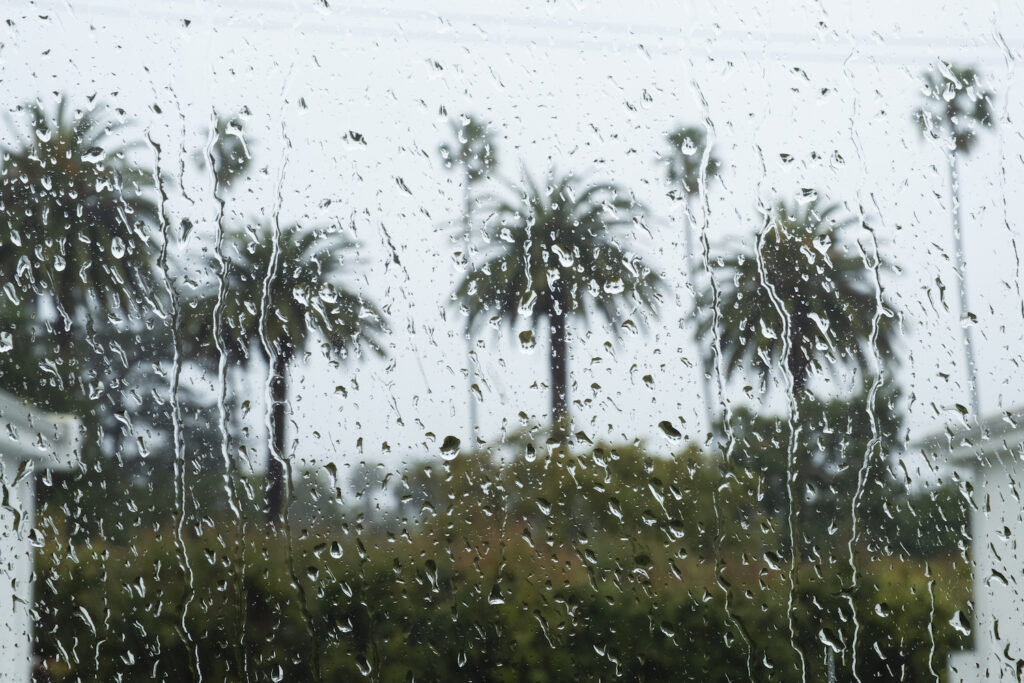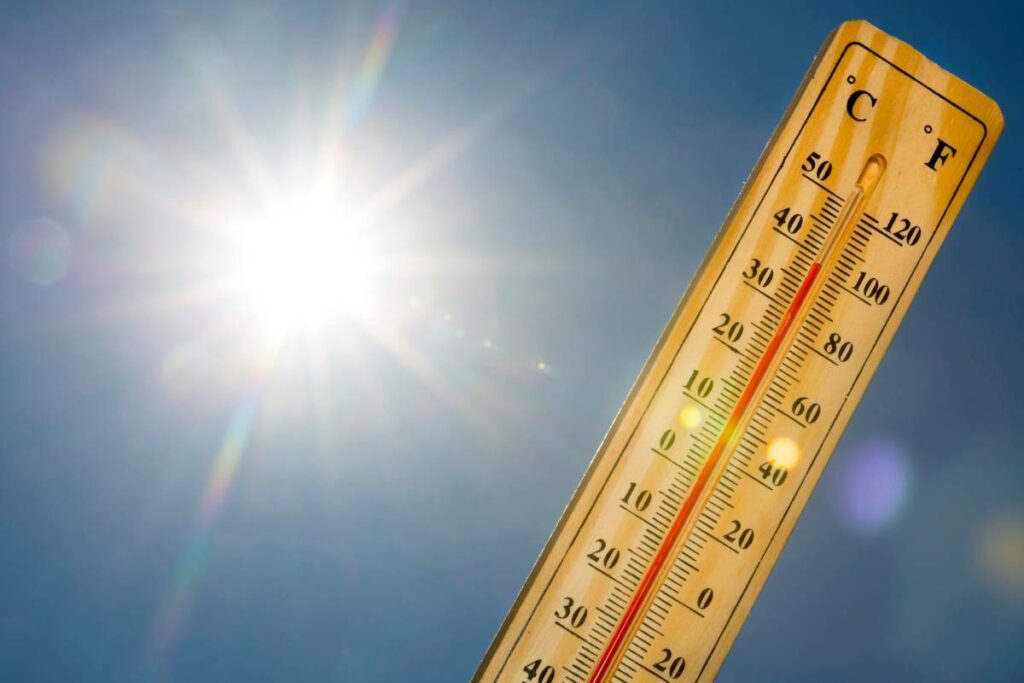It’s old news that the legacy media insist on calling heat climate and cold weather. But we will continue to point it out because it’s an important, ongoing source of, dare we use the term, “misinformation”. And we have something new to highlight this week: the shameless presentation of both in the same story. NBC declares that hideous wintery blasts from Dallas to Little Rock and Nashville are mere “storms” but “the lack of snow in the East” is due to “the warming climate”. Amazing. Both at once. There is nothing climate change cannot do, including be simultaneously present and absent.
NBC puts the headline “Ice storm to hit the South as NYC continues its snowless streak” on a story that announces:
“A long-duration ice storm will impact a large swath of the South through Wednesday, with the Dallas-Fort Worth metropolitan area at the center of the threat. The slow-moving storm system is expected to bring freezing rain and accumulating ice to parts of the country extending from Texas to West Virginia. About 50 million people were under winter alerts Monday, including Dallas and Austin, Texas; Oklahoma City; Little Rock, Arkansas; Nashville and Memphis, Tennessee; and St. Louis.”
So is it climate? Ha ha, fooled you. We don’t hear of it while the freezing rain pounds down and “The arctic air mass causing temperatures to drop to 40 degrees below average will spread south and east through the week”. But then we get to the part about the unusual warmth in the East, which of course is climate:
“Several factors can be blamed for the lack of snow in the East, the first being a lack cold air and an unfavorable storm track that is typical of La Niña winters. The second is related to the warming climate. Winter is the fastest-warming season, leading to a trend in less snow overall. The East is also seeing more “yo-yo” winters of very snowy versus no snow at all because of extremes related to the warming atmosphere.”
See? Cold is weather, warm is climate, less snow is warming and so is more snow, all in the same story. We don’t have to tell you that when NBC grudgingly concedes that “At least 8 dead as ice storm rages in the South, causing travel chaos and outages” the story does not contain the word “climate”, do we? Same when Canada’s state broadcaster announces “Coldest winter weather in years is on the way to the Maritimes” or “Heavy snow causes travel chaos in Japan, South Korea” or CNN blares “The coldest wind chills in decades will thrash New England as 8 deaths are now linked to an ice storm in the South” or the Canadian Press, via MSN, tells us “Southern Ontario digs out after winter storm that brought significant snow”. Or even the Ottawa Citizen’s “’Extreme cold weather’ warning for Ottawa area, Skateway unlikely to open by weekend”. Though we thought the BBC took the cake on this one, announcing as Ottawa endured -26°C weather that “Rideau Canal skating rink still closed amid mild winter”
Of course if you get different bad weather you get a different story:
“A tornado that tore through the Houston area on Tuesday was the kind of early-season storm that scientists say has been occurring with increasing regularity – a sign that patterns of severe weather are shifting”.
So you know what’s coming:
“Tornado Alley’s changing borders can have deadly consequences, said Victor Gensini, an associate professor in the department of earth, atmosphere and environment at Northern Illinois University, who published key research on the topic in 2018 and has studied the shift extensively…. A major reason for the stormy start to the year is a naturally occurring climate pattern known as La Niña… Global warming is also likely to be a factor, experts said, although detecting the specific effects of climate change on tornadoes has been more challenging than with other extreme weather events, such as hurricanes.”
Which, we note sardonically, is a bit surprising since hurricanes aren’t even increasing.
And of course when there are “22 dead, hundreds injured in Chile wildfires that continue to spread” naturally it’s due to “record high temperatures” because of you-know-what:
“’The evolution of climate change shows us again and again that this has a centrality and a capacity to cause an impact that we have to internalize much more,’ [Interior Minister Carolina] Tohá said. ‘Chile is one of the countries with the highest vulnerability to climate change, and this isn’t theory but rather practical experience.’”
She also said “The thermometer has reached points that we have never known until now,” although if you want to get all technical Chile’s all-time record was supposedly set in 2017 although some small-minded people suspect that taking the measurement in the middle of a raging forest fire might have distorted things a bit.
Meanwhile we note the New York Times trying to flee from alarmism on one leg while keeping the other firmly planted in the overheated air:
“Scores of the world’s most authoritative meteorologists and weather scientists gathered to share the latest research at the 103rd meeting of the American Meteorological Society. …Scientists are in consensus on the increasing frequency of extreme weather events — the blizzard in Buffalo, flooding in Montecito, Calif., prolonged drought in East Africa — and their worrisome impacts. At the Denver meeting, however, there was another growing worry: how people talk about the weather. The widespread use of colorful terms like ‘bomb cyclone’ and ‘atmospheric river,’ along with the proliferating categories, colors and names of storms and weather patterns, has struck meteorologists as a mixed blessing: good for public safety and climate-change awareness but potentially so amplified that it leaves the public numb to or unsure of the actual risk. The new vocabulary, devised in many cases by the weather-science community, threatens to spin out of control.”
Yes, who’d have thought that if you keep over-hyping and exaggerating things people might just learn to ignore you.



Deliberately "over-hyping" and "exaggerating" sounds rather like perpetrating a hoax, to me.